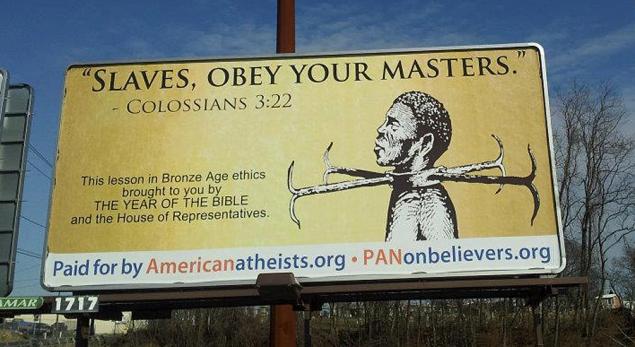
Free-Photos / Pixabay
I recently read an article in which the author insisted that public funds not go to support religious schools. The rhetoric in this article was very much in the “us” versus “them” vein. In essence, “their” views, those of the religious, are tainted with the irrational and divisive forces of faith or belief common to all religions, unlike “our” rational and unifying position which is free from dangerous subjectivity.
In the comment section someone agreed saying:
Religious indoctrination of children is nothing less than abuse, and ought not to be allowed let alone publicly funded.
No child is raised without “religious” indoctrination
What this commenter does not understand is that there is no way to raise a child without “religious” indoctrination.
Modern rationalism or postmodern relativism, which dominate much of western education are inherently “religious.” So to is atheism. Consequently, public schools are, in essence, are engaged in religious education–religious indoctrination, if you will.
I said as much in my response to above comment. To which another commenter objected saying:
Atheism is not a religion for the same reason that bald is not a hair colour.
He is right, baldness is not a hair color, but it is a hair style.
Two Meanings of “Religious”
There are two ways in which one might use the term “religious.” In one sense, atheism is not a religion. When we define religious in terms of rituals and believing in spiritual beings, then atheism is not a religion for the same reason baldness is not a hair colour.
But in another very important sense, atheism is religious. The term can also refer to the guiding principles that one accepts by faith, that shape ones reality, and around which one organizes ones life.
These guiding principles are revealed in how one might answer fundamental questions about reality. Not everyone is aware of their own answers to these questions, but their lives testify to having answered them one way or another.
- Does life have meaning? If so, what is it?
- Does human life have value? If so, why?
- Do we have a purpose? If so why?
- Does the universe have a purpose?
- Is the universe friendly, hostile or indifferent?
- What’s wrong with the world?
- What is the solution to what is wrong with the world?
- Is there a God or gods?
Every human being lives out their answer to these questions. Interestingly, many people proclaim an answer to a question, but live out another answer. The answers, stated or lived, are religious. They are religious in that they cannot be proven; they are accepted by faith.
The Faith of Atheist
The atheist believes that there is no God on the same grounds that a theists believes that there is. Both do so by faith; neither can know it to be so.
One may chose not to use the term religious to describe this category, but it doesn’t get atheism out of the category, whatever you call it.
Baldness is not a hair colour, but it is a hair style. Atheism does not engage in religious activities that arise out of a belief in a God, but they do make unverifiable claims about reality based on faith.
There is no way we can have an a-religious education, so the government will always be funding religious education. The question now remains, which religions will they fund.


